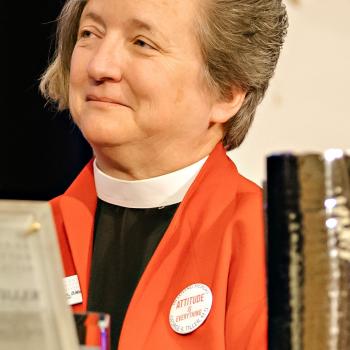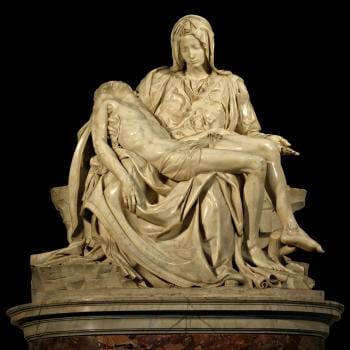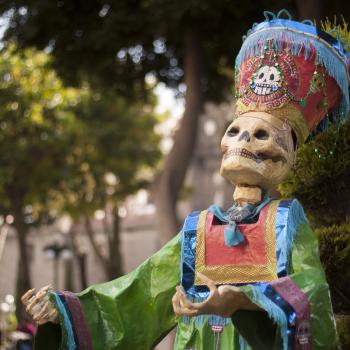If the Archbishop of Canterbury had taken a clear position and reprimanded the Canadian and American Churches for their wacko stance would they have listened and heeded his rebuke? Probbly not. We only have to see what the American bishops did with the communique from Tanzania to check out what the American and Canadian Anglicans do with ‘clear leadership.’ If the ‘clear leadership’ isn’t to their liking they claim jurisdictional independence and blame the other side for not being ‘sympathetic’.
Fact of the matter is that the ABC doesn’t have any real power and can’t exercise any form of leadership other than ‘first among equals.’ The situation the Anglicans find themselves in (i.e. no clear voice of authority) sheds light on a couple of things. First, it exposes what has always been the case: that Anglicans don’t have any real structure or mechanism for taking tough decisions and making them binding. Their famous ‘three legged stool’ of Scripture, Tradition and Reason is actually completely relativistic. One has to ask, ‘whose interpretation of Scripture? whose choice of tradition and whose reason and why?” As with the Evangelicals’ theory of sola Scriptura all one has in the end is individual opinion. The three legged stool turns out to be a theological pogo stick.
The second matter the Anglican situation enlightens is the relationship between Eastern Orthodoxy and Rome. Our Eastern brothers often plead for the Pope to be ‘first among equals’. Is that really the role of the papacy? If it means being the ‘first among equals’ as the Archbishop of Canterbury is ‘first among equals’, no thanks. That way lies endless division.
Love it or hate it, at the end of the day, one man has to make the call. This principle holds true in every other human endeavor from the family, to business to leading an army or leading a country. The buck has to stop somewhere. We all accept this in every other walk of life. Why such a problem when it comes to Church?











